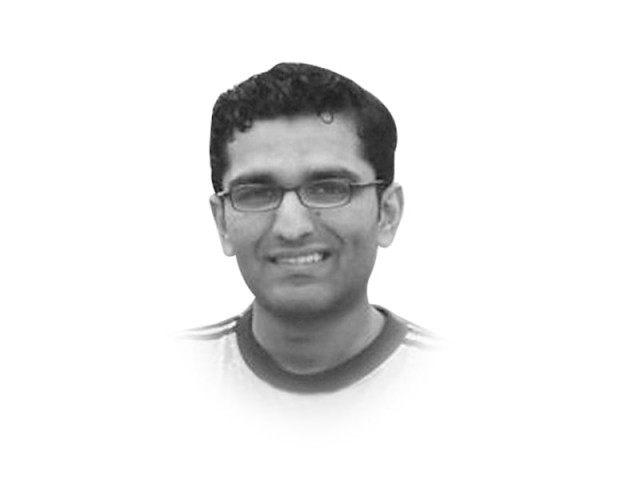The making of a ‘leader’
Previously I wrote about our futile search for ‘saviour-like’ leaders. Today, I want to focus on making of a ‘leader’.

I have previously written about our futile search for ‘saviour-like’ leaders. Today, I want to focus on another aspect — that of the making of a ‘leader’.
Even the most stable of countries, with the most robust of systems, have leaders who inspire, lead and develop the country further. However, these ‘leaders’ go through a rigorous process that develops their leadership qualities, tests their abilities and chisels these merits through experience. In Pakistan, of course, we want a highly able leader, but we don’t want to develop a process through which such a leader might emerge and cannot wait for innate qualities to mature through experience. We want a world-class leader and we want him now.
Unfortunately, such a miraculous leader does not exist. But even though we know that, we still ignore this fact and keep looking. That is why we base our choices on feel-good yet ultimately disappointing notions like ‘hope’. Lest we forget, one of the last times a leader was chosen on the basis of giving hope, we ended up with the Nazi party in power in Germany. This is not to say that ‘hope’ cannot also be coupled with rationality and creative solutions, but again in Pakistan we do not have the patience to hear long and complicated solutions (and our problems are complicated).
I do not want to talk about our current prime candidate for a ‘leader’ but allow me to point out how a certain leader is being ‘made’ in India — a country we share a lot with. In 2003, as the BJP in India announced elections, there was great speculation that Sonia Gandhi, the president of the Congress, might give way to her young and charismatic son, Rahul, so that he might lead the Congress Party into the 2004 elections, which saw an unexpected win for the grand old party. Despite the fact that Rahul did indeed join politics in 2004, he stuck very closely to constituency politics and focused on his ancestral constituency of Amethi, which he now represents. Again, speculation raved that with elections in 2009, Rahul might replace Manmohan Singh as prime minister — to no avail. Even now, Rahul’s only official position is that of an MP and general secretary of the Congress (a post he got in 2007) — he is still not even in the cabinet. Why this very slow progression?
The answer lies in the fact that India has now become a mature democracy. Rahul could have become president of the Congress years ago, and even become prime minister in 2009, but he, and especially his mother, realised that good and effective leaders are not simply born, but are forged through experience. Rahul began his political career with constituency politics, the essential bedrock of any democratic system, and is now focusing on organising the party nationally. He did not try to take a shortcut and bank on his family name, the success of his party and his one-term parliamentary experience to become prime minister. Rahul is waiting because he knows he has a lot to learn and experience before he can truly ‘lead’ the country — and this process might take another few years.
I wish that Pakistan also develops such leaders — our hapless country deserves better.
Published in The Express Tribune, November 15th, 2011.















COMMENTS
Comments are moderated and generally will be posted if they are on-topic and not abusive.
For more information, please see our Comments FAQ